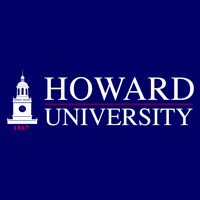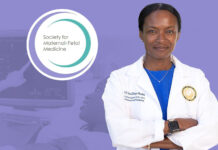 Historically Black Howard University in Washinton, D.C. has teamed up with Columbia University in New York City to form the U.S. African American Redress Network. The Redress Network aims to better understand how communities are addressing historic racial transgressions. It also expects to increase awareness of redress efforts across different regions and fields such as activism, academia, and policy-making.
Historically Black Howard University in Washinton, D.C. has teamed up with Columbia University in New York City to form the U.S. African American Redress Network. The Redress Network aims to better understand how communities are addressing historic racial transgressions. It also expects to increase awareness of redress efforts across different regions and fields such as activism, academia, and policy-making.
The organizers of the new initiative state that there is much more work to be done to untangle centuries of injustice thereby dismantling systems and a culture that perpetuate oppression. There has been exponential growth in local organizations pursuing reparations in various ways that provide good examples for academia. In return, academics can help organizations by providing activists with the knowledge of how the law and social sciences can inform their work. The project is open to those interested in joining efforts and aims to closely facilitate collaboration through online exchanges.
“Though reparation is not a new topic, the time is now to pursue racial justice by combining advocacy and scholarship in support of social justice movements,” said Elazar Barkan, director of the Institute for the Study of Human Rights at Columbia University.
 “The Thurgood Marshall Civil Rights Center at Howard University has been eager to enter into a partnership with Columbia University in the hopes that the movement for reparations — the most important route to true racial healing — continues to develop on the level where its success is most important and likely; on the local level,” said Justin Hansford, the center’s director and a professor of law at Howard.
“The Thurgood Marshall Civil Rights Center at Howard University has been eager to enter into a partnership with Columbia University in the hopes that the movement for reparations — the most important route to true racial healing — continues to develop on the level where its success is most important and likely; on the local level,” said Justin Hansford, the center’s director and a professor of law at Howard.
Professor Hansford is a graduate of Howard University and earned a juris doctorate at the Georgetown University Law Center, where he was a founder of the Georgetown Journal of Law and Modern Critical Race Perspectives.











The scholarships given to adults who lost their right to education in Prince Edward County, Virginia, after public schools closed rather than integrate are included among the cases of successful reparations documented by the Redress Network. Journalist Ken Woodley was instrumental in securing this form of racial reconciliation. His story is told in The Road to Healing, selected by The Journal of Blacks in Higher Education as a book of interest to African American scholars.